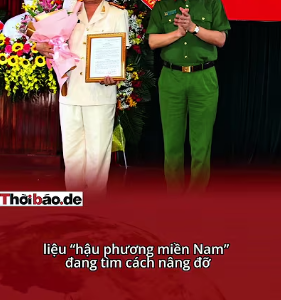
Vietnam’s Ministry of Information and Communications on March 29 said that more than 3,200 articles and videos were removed on social sites such as Facebook and YouTube in the first quarter of the year for allegedly containing false information and violating Vietnamese law.
Accordingly, Vietnam’s media management agency said that from January 1 to March 21 this year, the social network Facebook blocked and removed more than 525 posts that contain „false information, propaganda against the Party and the State, news affecting the prevention of the Covid-19 epidemic. The blocking rate of this social network reaches 90%,“ the Vietnam News Agency (VNA) reported.
Google has also removed 2,679 videos allegedly violating the law on the YouTube platform. The blocking rate on this platform reaches 93%.
The Ministry of Information and Communications said that the negative information on cyberspace this March tended to increase compared to the previous month, with the rate of negative information being 3.6%, up 0.2% compared to the previous month.
Vietnam has repeatedly asked media companies with a high number of users such as Facebook, Google, and TikTok to coordinate with authorities to remove content deemed offensive, untrue and anti-government.
According to Google’s „Transparency Report„, in the first half of 2021, the company received 326 requests to take down content on YouTube in Vietnam, and 300 of them were for criticism of the government.
In a separate report, the MIC said it ordered the media companies to block and delete more than 28,100 posts last year.
In recent years, Vietnam has increasingly tightened internet censorship, culminating in the introduction of the Cybersecurity Law that took effect in 2019 and the promulgation of a Code of Conduct on social networks in June last year.
Activists and human rights groups have frequently expressed concern that the legislation could give the government more power to crack down on dissent by forcing social media companies to provide their customer data.
Translated by Thoibao.de from VOA: https://www.voatiengviet.com/a/6507816.html


























